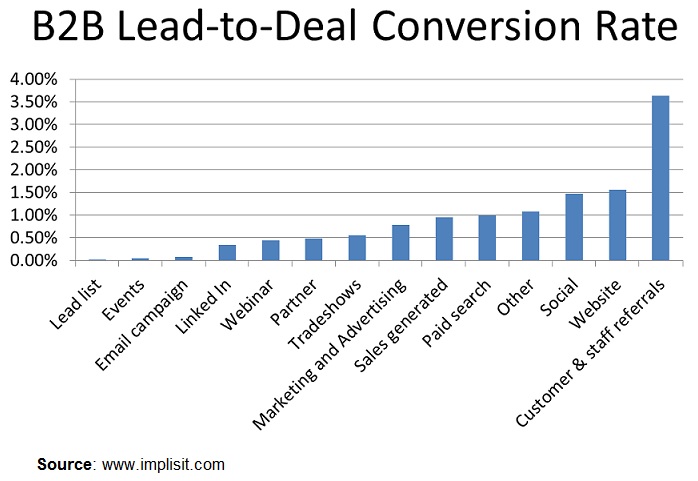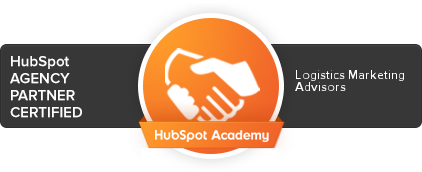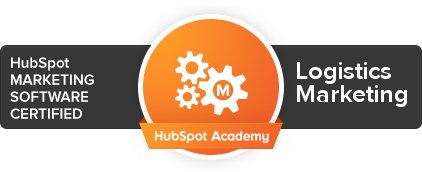When marketing supply chain services or products, how do you spend your time -- telling your story or getting others to tell it for you?
Just guessing here, but, if you’re like most B2B marketers, you spend less time on cultivating referrals and word of mouth marketing than you should.
The folks at Implisit did research lately with hundreds of B2B companies on the best lead sources in terms of conversion to paying customers. The results?
Referrals from customers and staff was, by far, the best lead-to-deal source, more than doubling the conversion rate of the nearest other source, website leads.

Marketing supply chain services through word of mouth
Why are referrals the best lead source? Because they originate from people who are not you.
The wonderful stuff you say about your company is true, I’m sure. But prospects know you’re air brushing the facts when you talk about your own company and its services. Buying high-ticket logistics services and products is risky business and buyers prefer to judge a company based on input from objective sources who don’t have a direct stake in the company's success.
In study after study, word of mouth marketing crushes other lead sources. One such study from the Word of Mouth Marketing Association (WOMMA), found that, for higher consideration categories, like logistics, word-of-mouth marketing is more than 100 times more valuable than a paid media impression.
How should you spend your time?
Compare how you spend your time with the above chart and think about reallocating that time based on the channels that drive the best results.
When it comes to focusing more on gaining referrals, here are some things to consider:
- Ask happy customers for referrals. If that feels too “pushy” for you, I like Jill Konrath’s advice that companies should ask customers “Do you know one or two people I should meet?” Less pushy, same result.
- Gather more case studies and testimonials. You saying you’re great is one thing, the customer saying you’re great is another. Endorsements and detailed cases can be difficult to obtain, especially with companies that need to feed the request through their legal or PR departments. But once you have them, they are powerful and you can leverage them in many ways: on your website, as sources for publicity, as social media posts, as video clips.
- Identify and nurture relationships with influencers. These are people, like consultants, who are in a position to refer business your way. Connect with them on social media, read and comment on their posts, ask them to write a post for your blog, interview them for a blog post, partner with them on some research you’ve been considering, pay them a visit.
Referrals and marketing supply chain services
Marketers tend to focus most of their lead-generation activities on email, advertising, events and paid search because they are easier paths to leads than referrals, which are harder to secure and won’t generate a large volume of leads.
But leads are not the most important marketing metric, closes are. And when it comes to lead sources that result in closed deals, referrals win hands down.
Successful marketing of supply chain services requires a clear strategy on how to maximize lead referrals.







